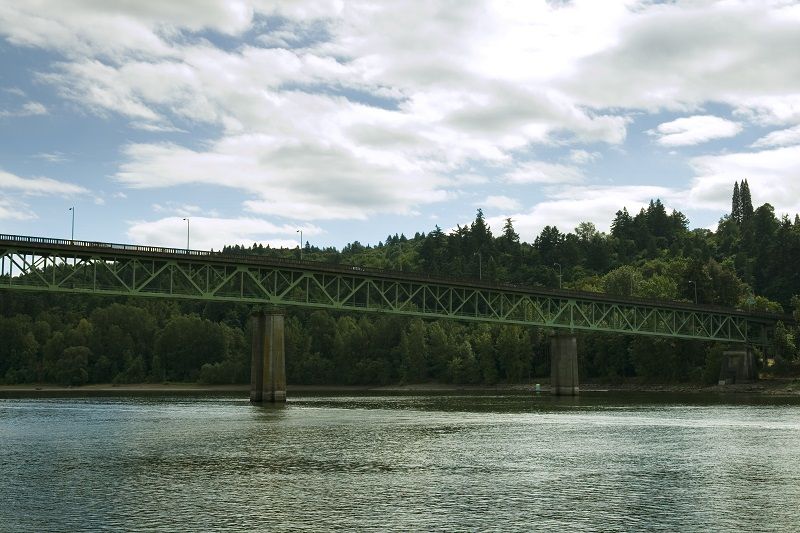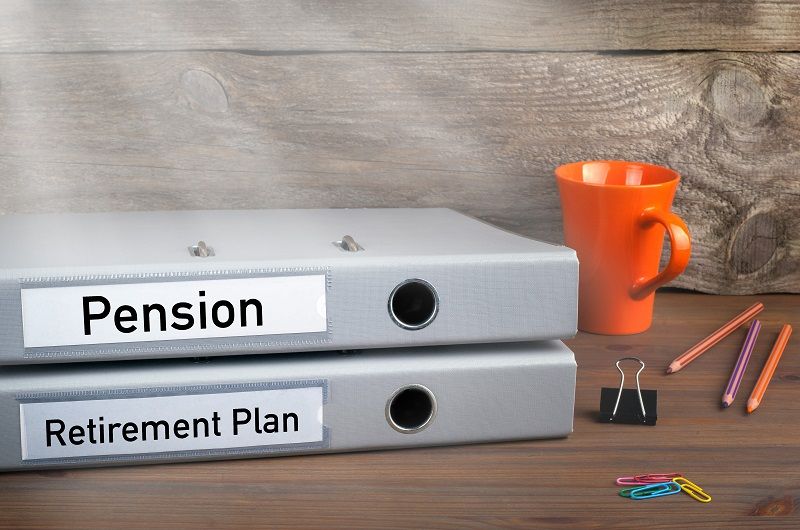Introduction
In the summer of 1988, Portland City Commissioner Bob Koch introduced an ordinance to ban the use of polystyrene foam (PSF) for prepared food in restaurants, grocery stores and other retail establishments. He hoped that this would address perceived environmental issues with PSF, commonly known by the trade name Styrofoam. However, the proposal was quickly withdrawn when Commissioner Koch discovered that the alleged problems with PSF did not actually exist and that the measure had the potential to increase rather than decrease environmental impacts.
However, Commissioner Earl Blumenauer, backed by some local environmentalists, took up the fallen banner. After more than a year of debate, Portland’s City Council passed an ordinance requiring food vendors to discontinue the use of PSF and to switch to the only available substitutes for PSF at that time: #6 clear plastic (polystyrene) and coated paper. The ordinance went into effect January 1, 1990 and covers bakery and deli products, fruits, vegetables, frozen yogurt, ice cream, coffee, tea and soft drinks that are processed or prepared on-site.
Eighteen years later, overwhelming evidence shows that Commissioner Koch was correct. Alternatives to PSF food service containers actually carry more environmental impacts than PSF. At the same time, the law drives up costs to businesses and consumers and negatively affects the business environment in Portland. As a means of educating the public, the ban fails because it encourages the perpetuation of misunderstanding among the citizens of Portland.
This paper will discuss the current effects of the PSF ban, contrast the arguments for the ban with its real damaging impacts on the environment, and finally look at the mis-educational effects of the ban and offer opportunities for change.
About Cascade Policy Institute: Founded in 1991, Cascade Policy Institute is Oregon’s premier policy research center. Cascade’s mission is to explore and promote public policy alternatives that foster individual liberty, personal responsibility and economic opportunity. To that end, the Institute publishes policy studies, provides public speakers, organizes community forums and sponsors educational programs.
Cascade Policy Institute is a tax-exempt educational organization as defined under IRS code 501(c)(3). Cascade neither solicits nor accepts government funding and is supported by individual, foundation and business contributions. Nothing appearing in this document is to be construed as necessarily representing the views of Cascade or its donors. The views expressed herein are the author’s own. Copyright 2007 by Cascade Policy Institute. All rights reserved.











